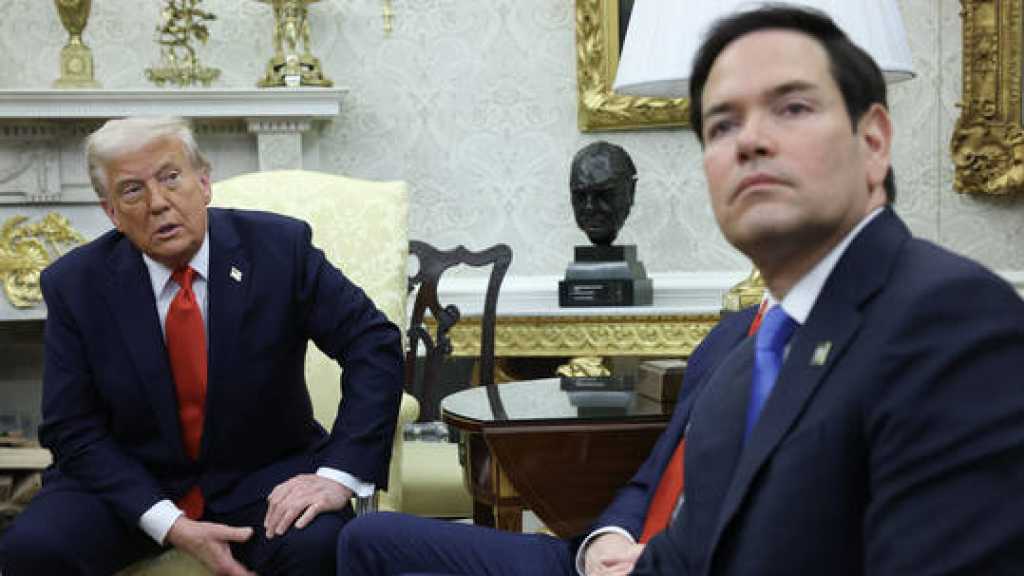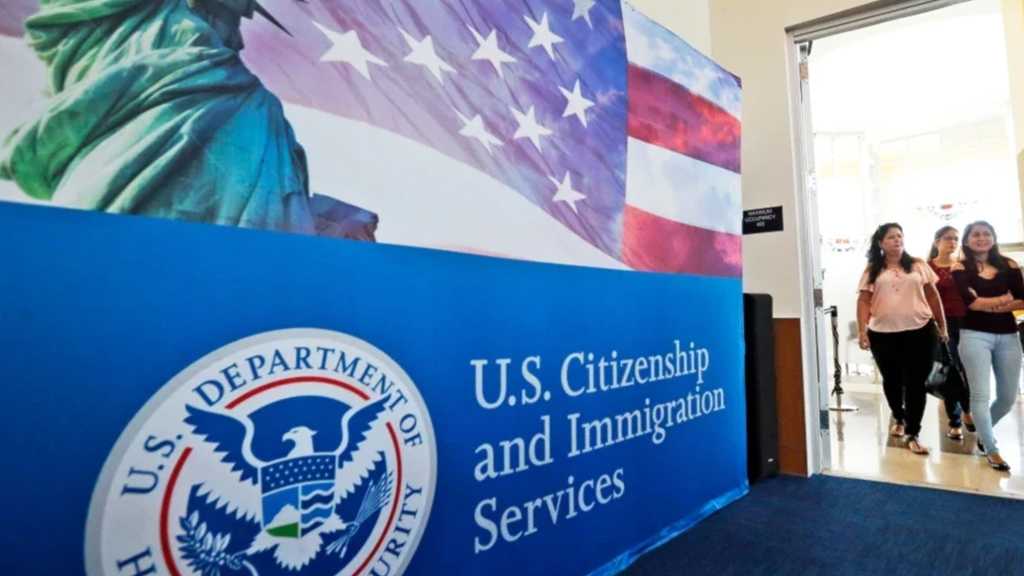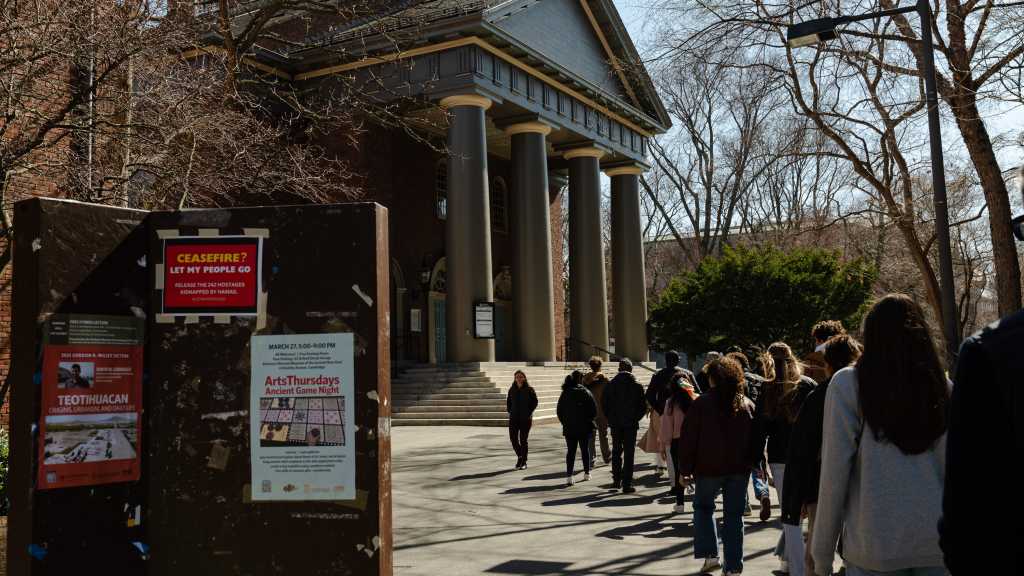US To Sell $440mn Arms to Chinese Taipei
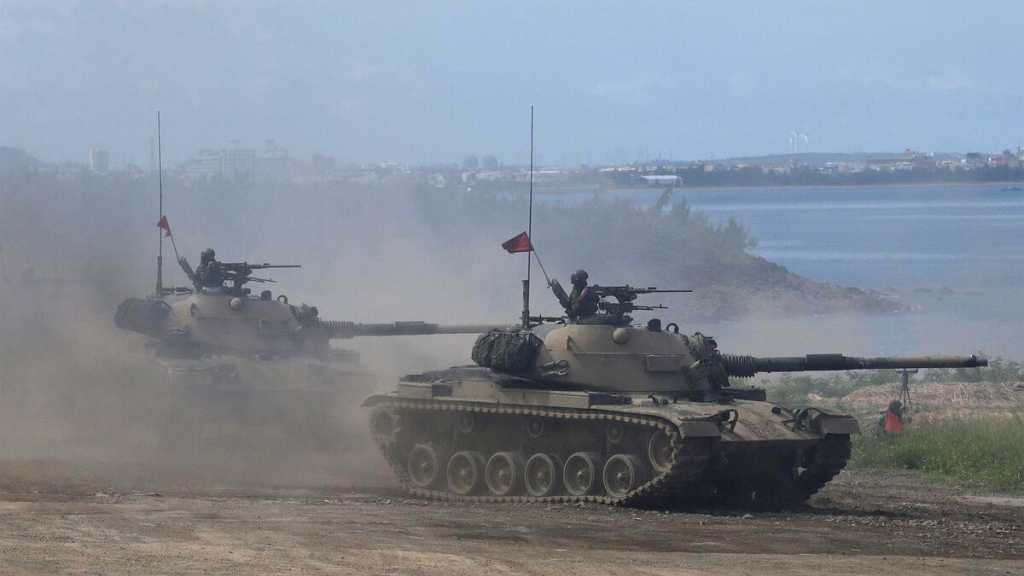
By Staff, Agencies
The US State Department has announced plans to sell military hardware to Chinese Taipei despite Beijing’s strong disproval of Washington’s relationship with the island.
The State Department said: “In a notification to Congress on Thursday it would sell $440.2 million worth of weapons' parts and munitions in its latest effort to boost Taiwan’s forces as tensions remain high with China.”
It further stated that the deal includes $332.2 million in 30mm ammunition and related equipment and $108 million in spare and repair parts for wheeled vehicles and weapons.
The US-supplied military equipment will help Taipei “maintain a credible defensive capability” but “will not alter the basic military balance in the region”, the State Department said.
The new equipment “will help improve the security of the recipient and assist in maintaining political stability, military balance, and economic progress in the region”, it said.
US lawmakers, however, it being unlikely, can now lawfully reject the provocative sales of military hardware to Taipei.
In accordance with the internationally accepted “One China” principle, the US is obliged to only recognize Beijing in its diplomatic foreign relations.
Meanwhile, Chinese Taipei said on Friday that in the morning hours, 11 Chinese aircraft had crossed the median line of the Taiwan Strait.
A total of 24 Chinese warplanes including fighter jets and bombers were spotted near Taiwan on Friday morning from around 8 am, Taipei’s defense ministry said, adding five Chinese battleships also joined a "joint war readiness patrol."
Despite the sales of military hardware and repeated visits to Taipei by US officials and congressional lawmakers, Beijing's top brass says it will keep working for peaceful unification with Taiwan, with the “most sincere and utmost efforts”.
Meanwhile, US Secretary of State Antony Blinken paid a visit to Beijing this month to restore lines of communication between Beijing and Washington that were cut as tensions escalated between the two economic powerhouses. On his return, bilateral ties got worse after US President Joe Biden called his Chinese counterpart a "dictator".
Comments
- Related News
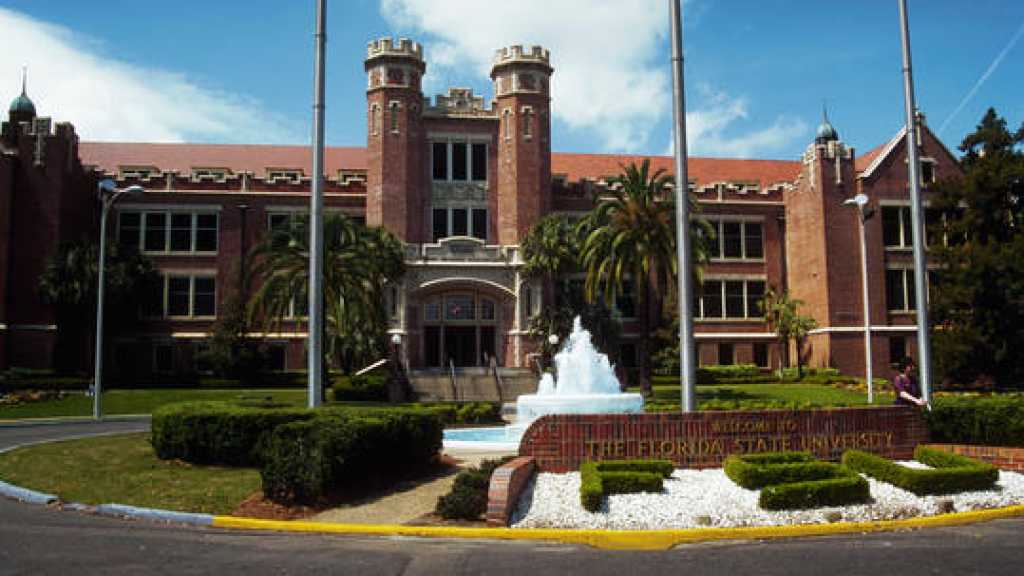
Deadly Shooting Erupts at US University
2 months ago